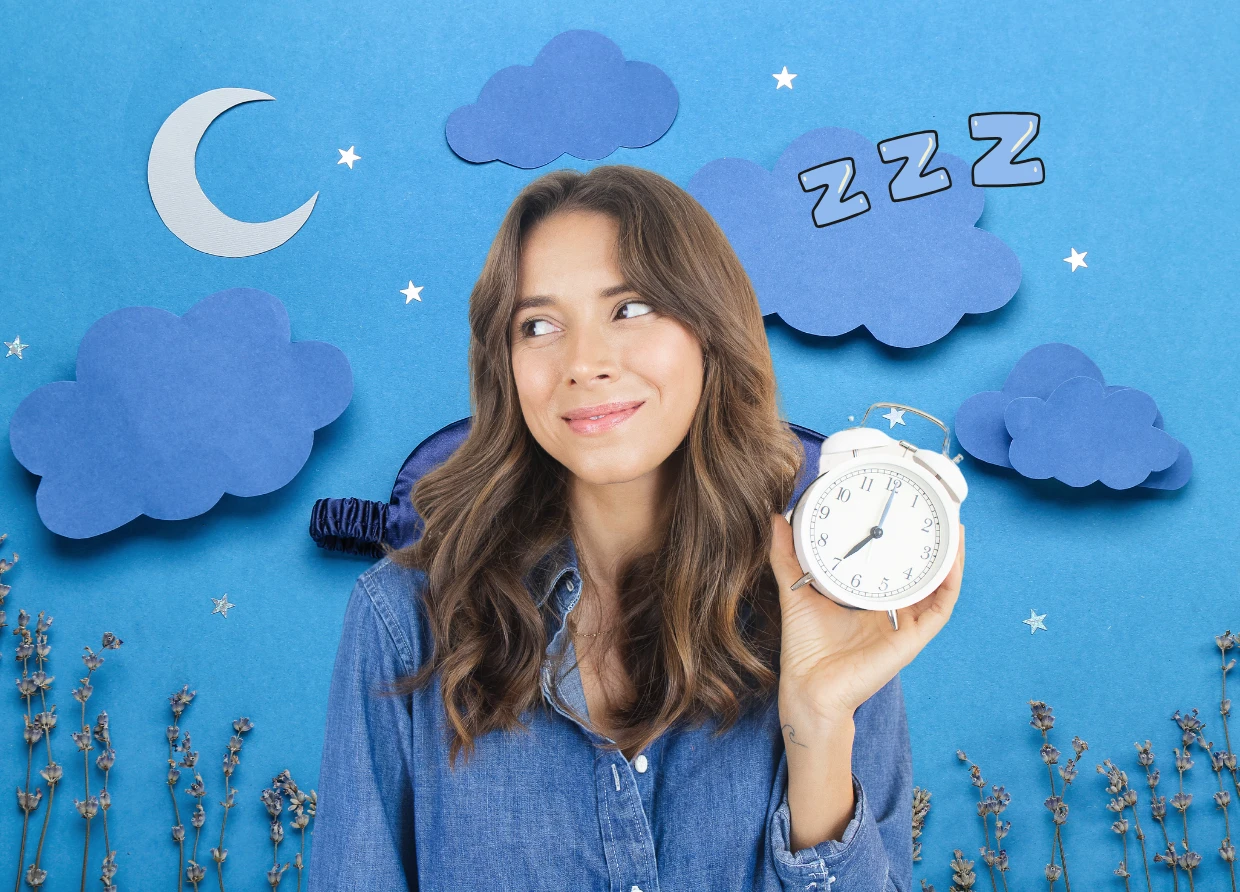STUDY SHOWS PHYSICAL ACTIVITY LINKED TO IMPROVED SLEEP
Incorporating Physical Activity: A Step Towards Better Sleep

A new study suggests that getting active may be the key to a better night's sleep. Conducted by sleep expert Dr. Erla Björnsdóttir and her team at Reykjavik University, the study found a significant correlation between physical activity and reduced risk of insomnia symptoms.
Published in the journal BMJ Open, the study analyzed data from over 4,300 participants aged 39 to 67 across nine European countries over a decade-long period. Participants were surveyed on various aspects of physical activity, sleep patterns, and insomnia symptoms.
The findings revealed that physically active individuals were at a lower risk of experiencing insomnia symptoms and extreme sleep durations, whether too long or too short. Those who maintained consistent physical activity were 55% more likely to have a normal sleep duration of 6 to 9 hours per night, while those who became more active over time were 21% more likely to achieve normal sleep patterns.
Dr. David Neubauer, an associate professor at Johns Hopkins University School of Medicine, noted that while the results are robust, they also align with existing research highlighting the positive effects of exercise on sleep quality. Dr. Björnsdóttir emphasized the importance of consistency in physical activity throughout life to mitigate the risk of insomnia and short sleep duration.
Dr. Shalini Paruthi, an adjunct professor at Saint Louis University School of Medicine, pointed out that the study provides valuable insights for healthcare professionals seeking alternative treatments for insomnia, complementing traditional approaches such as medication and therapy.
However, the study does not imply that exercise alone can cure insomnia, as it did not establish a clear baseline of sleep quality before the introduction of physical activity. Cognitive behavioral therapy for insomnia remains the most effective treatment for severe sleep problems.
Despite this, experts emphasize that even moderate-intensity exercises like walking or yoga can significantly improve sleep quality. Dr. Paruthi encourages individuals to start small and gradually increase physical activity, emphasizing that any amount of movement can make a difference.
Dr. Neubauer also suggests incorporating outdoor activities to optimize circadian rhythms, as exposure to natural light can positively influence sleep patterns. Overall, the study underscores the importance of leading an active lifestyle for better sleep health.
So, if you're struggling to catch those Z's, it might be time to lace up your sneakers and hit the pavement for a bedtime stroll.
#THE S MEDIA #Media Milenial #Exercise #Physical Activity #Sleep Health #Insomnia #Sleep Quality #Research Study #Health Tips #Lifestyle #Circadian Rhythm #Sleep Patterns


























